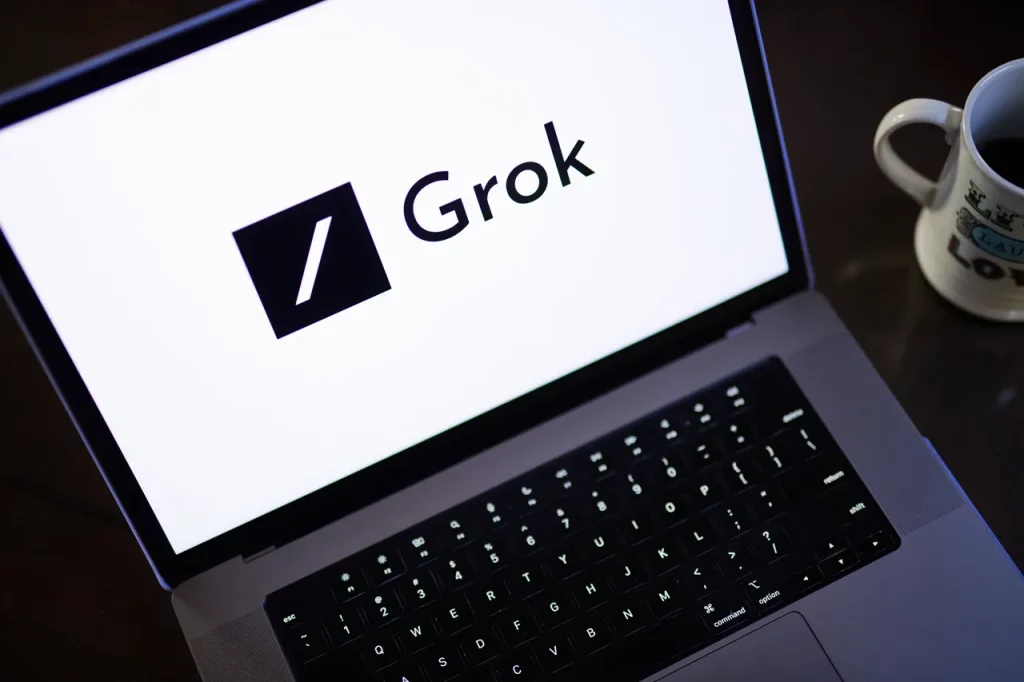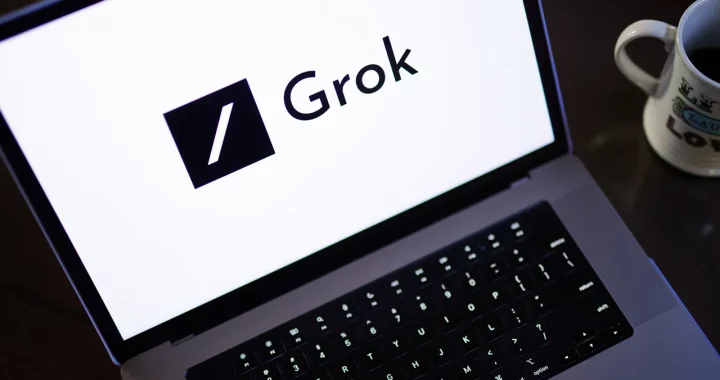AI Developments
The pandemic has not stopped the roll out of AI technologies
Voices of Concern
AI is gaining ground, but many tech experts are concerned with its impacts.
There will be no human-centered AI without humane economics
The article argues that achieving human-centered artificial intelligence (AI) requires a shift towards "humane economics." It highlights the importance of...
How AI works is often a mystery — that’s a problem
The increasing use of algorithms and AI in criminal justice decision-making raises concerns about transparency and accountability. In this Nature...
AI Experts Write Open Letter To Governments Urging the Creation of an International AI Treaty
The statement calls for governments worldwide to address the potentially catastrophic risks posed by advanced artificial intelligence (AI) systems, including...
live hk | togel sdy | data macau | togel hongkong | keluaran hk | data macau | slot depo 5k | togel sgp | togel macau 5d | slot gacor malam ini | togel hk | togel sgp | togel sgp | togel sgp | toto sgp | togel hongkong | keluaran sgp | togel hongkong | togel hk | togel sgp | togel sgp | togel hk | togel hongkong | togel hongkong | togel | togel hongkong | keluaran hk | togel | keluaran sgp | togel online | toto slot | togel hk | togel hk | togel hk | togel hk | togel hari ini | togel singapore | togel | Result HK | slot pulsa | Togel Macau | Live Draw Macau | Togel | Result SGP | Live SDY | Toto Macau | Result SGP | Togel HK | Togel | Togel HK | Togel | Live Draw HK | Togel Sidney | Live SDY | Togel |AI Experts Are Concerned With Mark Zuckerberg’s Plan To Build An AGI
Meta will join OpenAI and other tech giants in the race to build Artificial General Intelligence (AGI), Meta chief Mark...
Elon Musk Launches Grok, A New AI with Few Guard Rails
Elon Musk's new AI company, xAI has launched a new AI model which has fewer guardrails than the competition. The...
Risks and Benefits of AI
AI will change our societies, for better or for worse.
 China Unveils First AI Child
China Unveils First AI Child  Neuralink Claims First Successful Implantation of Wireless Brain Chips In Humans
Neuralink Claims First Successful Implantation of Wireless Brain Chips In Humans  Elon Musk Launches Grok, A New AI with Few Guard Rails
Elon Musk Launches Grok, A New AI with Few Guard Rails 






















